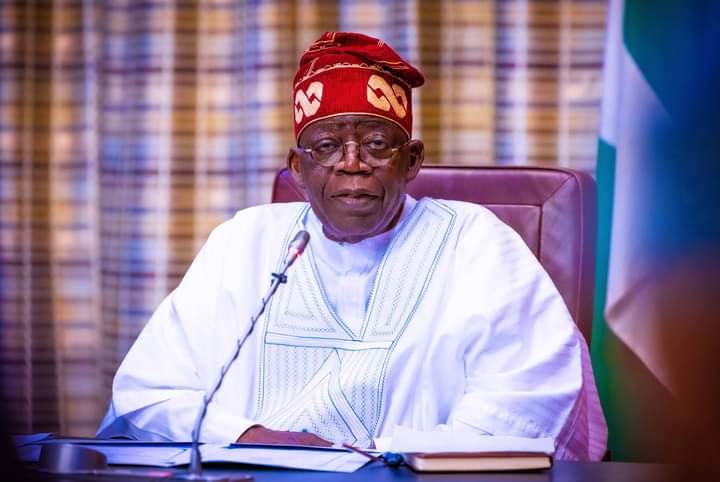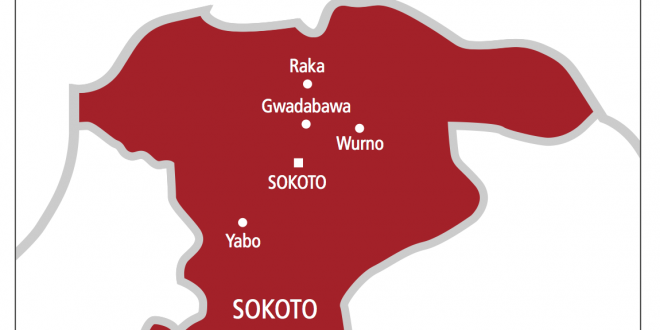
There was once a time in global diplomacy that when Nigeria speaks, the world listens with raft attention. It was at the time the true giant of Africa and a big brother of not only the continent of Africa, but the Third World as well. We were a leading member of the Non-aligned Movement and the nation the world believed was destined for greatness and global relevance. Since independence, with Jaja Wachuku as the first Minister for Foreign Affairs and Commonwealth Relations, later called External Affairs, Nigerian foreign policy has been characterised by a focus on Africa as a regional power and by attachment to several fundamental principles: African unity and independence; capability to exercise hegemonic influence in the region: peaceful settlement of disputes; non-alignment and non-intentional interference in the internal affairs of other nations; and regional economic cooperation and development. In carrying out these principles, Nigeria participates in the African Union, the Economic Community of West African States (ECOWAS), the Non-Aligned Movement, the Commonwealth of Nations, and the United Nations.
The 79th session of the United Nations General Assembly held between 23 to 26 September, 2024 in New York, marks a crucial milestone in the global effort to accelerate progress towards the 17 Sustainable Development Goals (SDGs). The highly anticipated Summit of the Future, held during UNGA, underscores the urgent need for enhanced international cooperation to address pressing challenges such as climate change, poverty and inequality, while also tackling the impacts of ongoing conflicts and global health crises.
President Bola Ahmed Tinubu was represented by the Nigerian Vice President, Kashim Shettima, who delivered his (Tinubu) address.
It’s a well known maxim that the diplomatic policy of any nation is a reflection of the realities and aspirations of its domestic policy. It’s therefore inconceivable that Nigeria can project a diplomacy of strength and vibrancy in a state domestic despair and melancholy.
Nothing underscores this more vividly as the low-key celebration of its independence Day as rolled out by the Secretary to the Government of the Federation.
Scholars have picked holes with several aspects of President Tinubu’s UNGA speech. They point profound contradictions and unrealistic positions what appears to be a lack of understanding of how the global system works. A nation that is fantastically corrupt and who goes a borrowing to finance frivolities and corruption can’t demand for debt forgiveness. Similarly the poverty that made some nations susceptible to coups are caused essentially by countries like France and the failure of democracy to addressed their deplorable economic conditions.
Unilateralism is the new global order. In deed it has always been there. Nations are naturally unilateral. Multilateralism is attractive to nations only when it enhances their status and global standing.
The call for a permanent seat at the Security Council for Africa has been a preoccupation of Nigeria. Today, however the call sounds hollow. Nigeria is no longer in a position of right to first refusal. It neither have the domestic status no international standing to be deserving of such exalted position. Countries like South Africa, Egypt, Kenya, etc, project a position of global relevance and influence to beat Nigeria to the seat.
Below are the 10 key takeaways from President Bola Tinubu maiden UNGA address.
1. Call for deepened multilateral relations
Tinubu urged world leaders to strengthen cooperation and inclusivity among member states to address global challenges like terrorism, poverty, hunger, and climate change. The Nigerian leader reminded the world leaders that the United Nations stands for multilateralism which represents inclusiveness, anchored on the tripod of peace, sustainable development and human rights.
2. Criticism of nationalism
He warned that the pursuit of individual national priorities is undermining global efforts to resolve common challenges and emphasised the importance of collective action. “While commitment to multilateralism offers us the surest guarantee of global action to address the existential challenges we face, singularity and nationalism are undermining the aspirations towards the peaceful and collective resolution of such challenges,” Tinubu said.
3. Permanent UN Security Council seats for African nations
Tinubu advocated for the reform of the UN Security Council to include permanent seats for Nigeria and other African countries, arguing that Africa deserves equal representation.
“The Security Council should be expanded, in the permanent and non-permanent member categories, to reflect the diversity and plurality of the world. We fully support the efforts of Secretary-General Guterres in this regard. “Africa must be accorded the respect that it deserves in the Security Council. Our Continent deserves a place in the permanent members category of the Security Council, with the same rights and responsibilities as other Permanent Members,” he said. community must promote practical measures to strengthen international cooperation to recover and return stolen assets and to eradicate safe havens that facilitate illicit flows of funds from developing countries to the developed economies,” he added.
4. Call for financial reform and debt forgiveness
The chairman of the Economic Community of West African States (ECOWAS) pushed for a new global financial architecture, advocating for debt forgiveness for developing countries to enable sustainable development. “Similarly, we must ensure that any reform of the international financial system includes comprehensive debt relief measures, to enable sustainable financing for development. Countries of the global South cannot make meaningful economic progress without special concessions and a review of their current debt burden,” he stated.
5. Highlighting global challenges
Tinubu emphasised global issues like terrorism, climate change, food insecurity, and inequality, calling for collective global action to address them.
6. Focus on economic development and democracy
He linked the rise of unconstitutional changes of government in Africa to economic instability, stressing the need for economic development to sustain democracy. The Nigerian leader also lamented what he described as the return of unconstitutional changes of government and forceful military coups in some African countries, saying these coups attest to how fragile democracy could become when it is not supported by economic development and sustained peace and security.
7. Corruption and illicit financial flows
Tinubu called for the recovery of stolen assets and urged international cooperation to fight corruption and prevent illicit financial flows from developing to developed nations. “Therefore, the international community must promote practical measures to strengthen international cooperation to recover and return stolen assets and to eradicate safe havens that facilitate illicit flows of funds from developing countries to the developed economies,” he added.
8. Climate change action
He warned about the dangers of climate change and called for the international community to adhere to commitments made at COP meetings, citing recent devastating floods in Nigeria.
9. Global security threats
He emphasised that terrorism and violent extremism are existential threats to global peace and development, calling for concerted efforts to combat these issues. “We cannot build durable societies with the threat of terrorism, banditry and insurgency growing in our countries and regions. Indeed, violent extremism remains an existential threat to both national and international peace, security and development. We are making concerted efforts to contain and roll back this threat,” he said.
10. Support for UN reform:
Tinubu reaffirmed Nigeria’s commitment to multilateralism and called for comprehensive reforms to strengthen the UN’s relevance in addressing modern global challenges.



